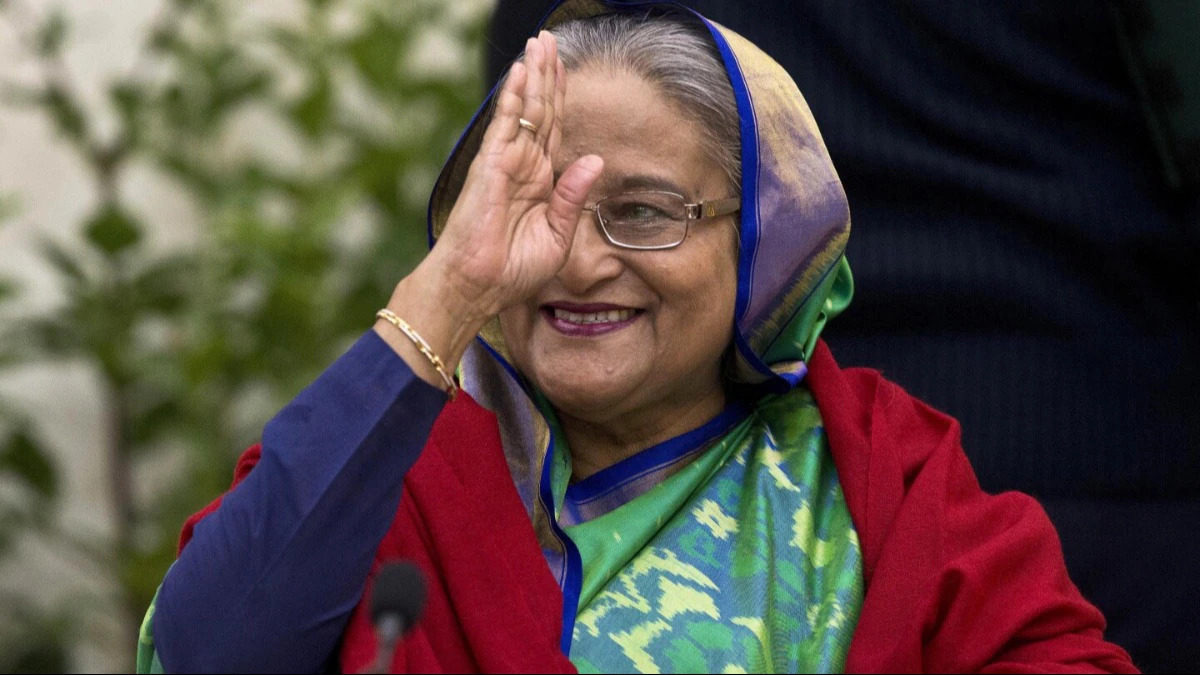The election was certain to be won because the main opponent of the Awami League, the Bangladesh Nationalist Party (BNP), chose to abstain from voting. This victory marks the ruling party’s fourth consecutive one.
Hasina referred to it as the people’s victory and stated that Bangladesh had been able to provide a model for conducting free, impartial, and fair elections. Election observers from India and other nations have praised Bangladesh’s supreme electoral authority for a job well done, notwithstanding the low voter turnout (about 40%) and isolated violent occurrences.

Source: India Today
Seeking to ensure transparency in the electoral process, the Hasina administration extended invitations to observers from other countries and international organisations.
In a dissonant move, the US has regretted that not all parties cast ballots and asserted that the polls were neither fair nor free. According to the US State Department, Washington is still concerned about the thousands of opposition members who were arrested and the violations that were reportedly observed on election day. The newly elected government has been asked to take action to reaffirm the nation’s commitment to democracy and human rights by UN High Commissioner for Human Rights Volker Türk.
Source: India Today
Bangladesh’s journey towards democracy has been a challenging and agonising one. The majority of Sheikh Mujibur Rahman’s family members as well as the “Father of the Nation” were killed on August 15, 1975, by a group of army men. The military dictatorship that ruled the nation for the next fifteen years severely damaged its political and economic systems.
Political stability and Bangladesh’s economic recovery have been closely correlated over the last ten or so years. Everyone must respect the will of the voters, even though it is the government’s duty to look into claims of electoral fraud and corruption. Given that the BNP abstained from voting, which is essential to democracy, it lacks the moral authority to complain.
What do you think about this? Comment below.

